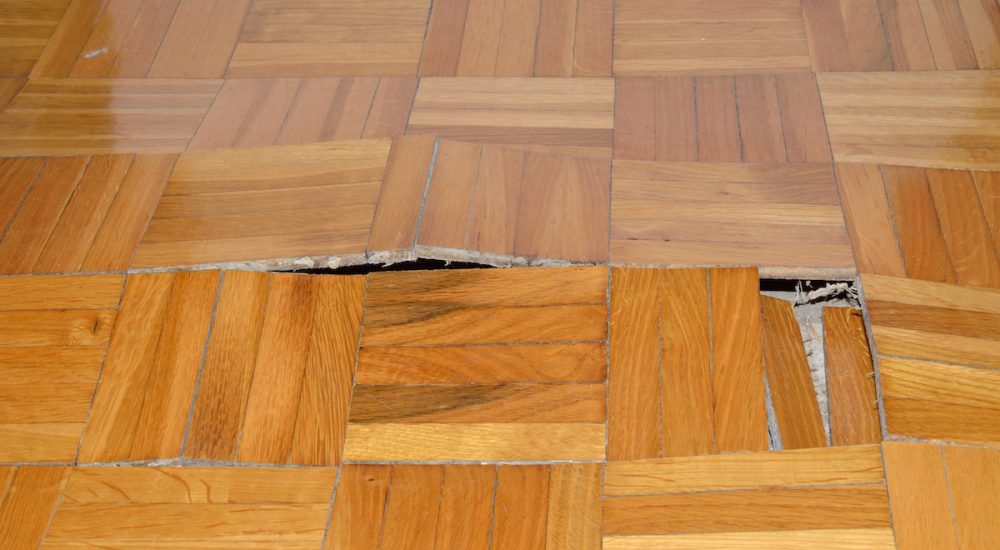
Water damage is one of the most common and costly problems that homeowners face. It’s also one of the most preventable. When this happens, it can be devastating for families and businesses alike. Then comes the insurance claim process – which can be a maze to navigate if you don’t know what you’re doing!
That’s why we’re here: to help our clients get all they’re entitled to when they’re dealing with water disasters. Here are five things you need to know before filing a claim.
What does a Water Disaster Look Like?
Some types of water disasters are obvious, such as when you have a burst pipe or your roof leaks. Other types of water damage can be hidden and not so easy to spot, such as mold growth and basement flooding.
It’s important to know what signs to look for because these can indicate that there has been some kind of water intrusion into your home or business property.
Natural disasters such as hurricanes and floods can cause extensive damage to homes and businesses. During these times, it’s important to know what to look for when these damages occur. The most common types of water issues are:
- Water leaks in the walls and ceilings
- A pool of water on your floor or carpet
- Mold growth
Does Homeowners Insurance Cover Water Damage?
This is a question that many people ask themselves when they have property damage in their homes. The answer is yes, homeowners insurance does usually cover water problems. However, there are some exclusions to this that you need to be aware of before you file a claim on your policy. The first thing you need to know is that there are two types of water issues: external and internal.
The difference between the two is that an “internal” water issue originates inside your home (such as when a pipe bursts), while an external issue originates from outside the home (such as a flood from heavy downpour). The second thing you need to know is that in most cases, only internal water destruction coverage will be covered by your homeowner’s insurance. This means that if a pipe bursts and you have damage from water coming into your home, then there probably won’t be much of a problem filing an insurance claim. However, if there’s an external leak outside of your house and it damages something inside of it, then this may or may not be covered depending on where the leak happened (i.e., did it happen on your property lines).
How To Get an Insurance Company To Pay For Water Destruction
These issues can be devastating and expensive. You may be able to get your insurance company to pay for your damages, but it’s not always as easy as it sounds. It helps if you know what questions to ask and what documents you should gather before submitting a claim. You should also be aware that insurance companies have their own rules about what they will cover, and these rules can vary from company to company. Fortunately for you, we’re here to help you tackle these issue
When is filing a claim the right move?
If you find yourself in a situation where you have water damage, it’s important to know how to proceed. Here are some options:
- Contact your insurance company and ask them what your policy covers. This will help determine whether or not you’re eligible for coverage.
- Obtain estimates from several local contractors who specialize in the repairs needed for your home or business. The more quotes you get, the better idea of pricing and quality of workmanship you’ll have at hand when making decisions about who should do the repair work.
Get The Payout You Deserve
Insurance claim adjustments for storm, fire, water, and other disasters.
How to File a Claim
First, you’ll call your insurance company to file a claim. You’ll need to answer a few questions about the damage and provide information about your Florida property. An adjuster will inspect the damage and give you an estimate of how much it will cost to repair your home or business. After they review all of their records, they will send you a check. Filing a damage claim in your Florida home due to structural damage to your home is quite simple. The first step is to contact your insurance company and notify them of the damage. Your insurance company may then send their own staff adjuster to your home to assess the damage and determine the cause. After the adjuster has assessed the damage, they will provide you with an estimate of the repairs that need to be made.
Once you have received the estimate from the adjuster, you will need to contact a contractor to perform the repairs. The contractor will then provide you with a quote for the repairs. Once you have agreed upon a price, the contractor will begin making the necessary repairs to your home.
It is important to keep in mind that when filing a damage claim in Florida, you may be required to pay a deductible. The amount of the deductible will vary depending on your insurance policy. In some cases, you may be responsible for paying the entire deductible yourself. However, in other cases, your insurance company may pay part or all of the deductible for you.
